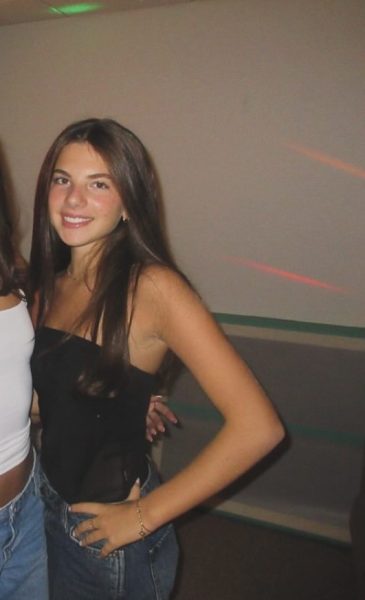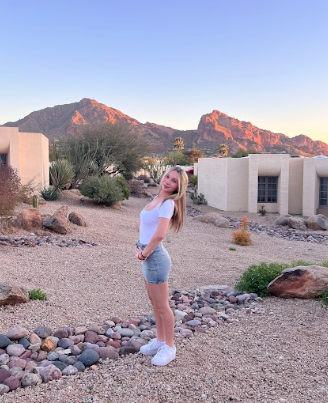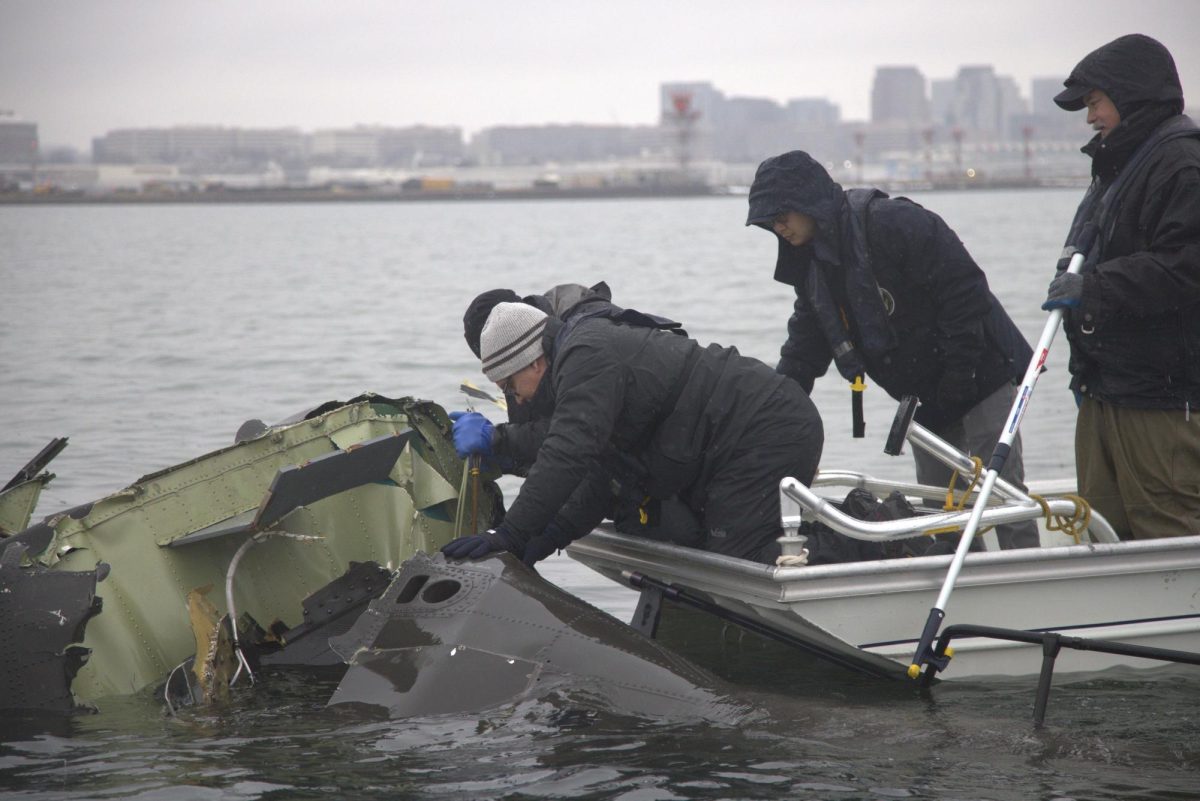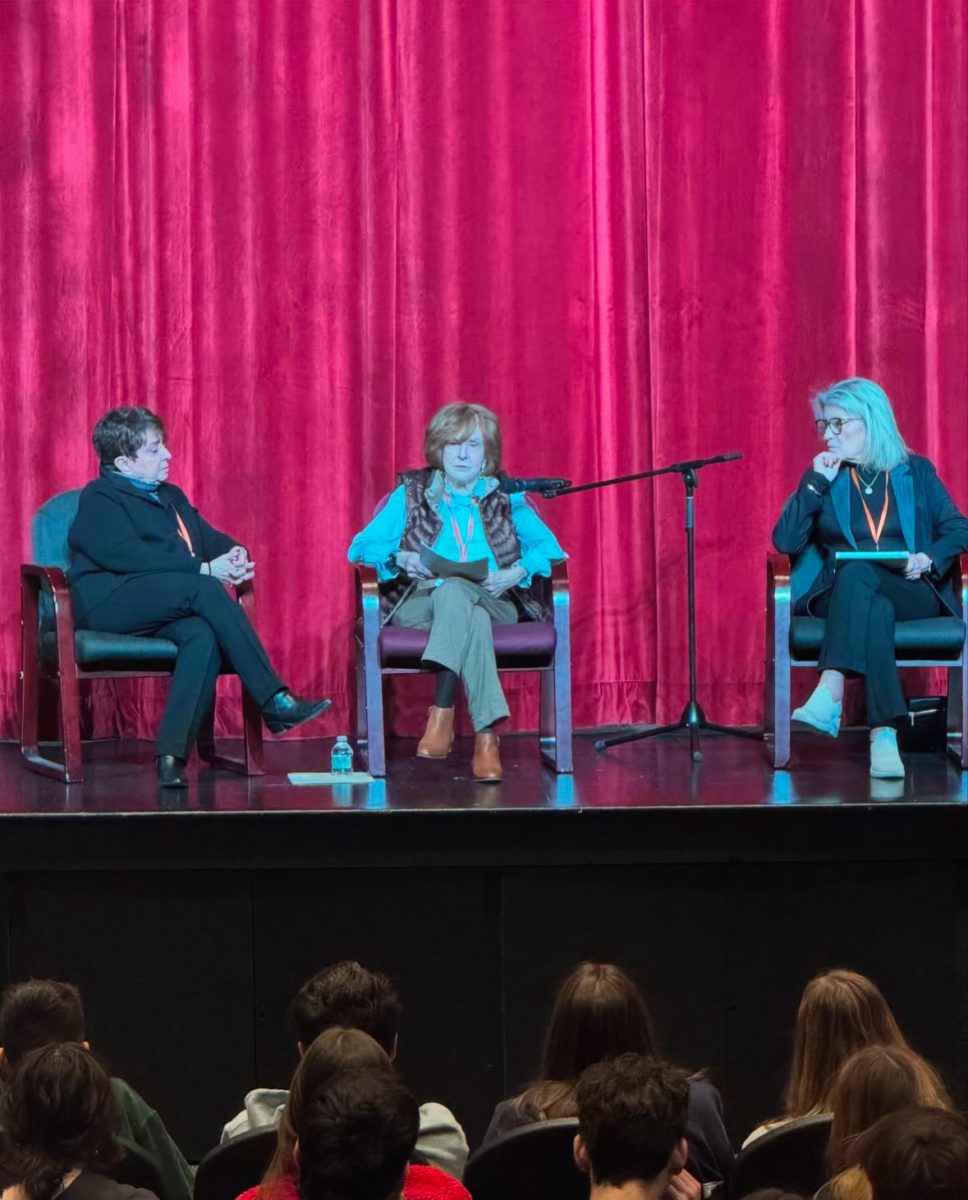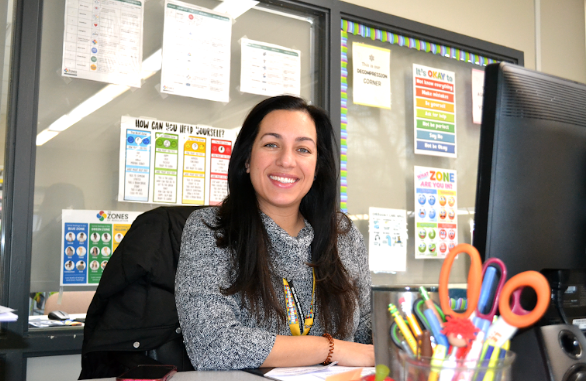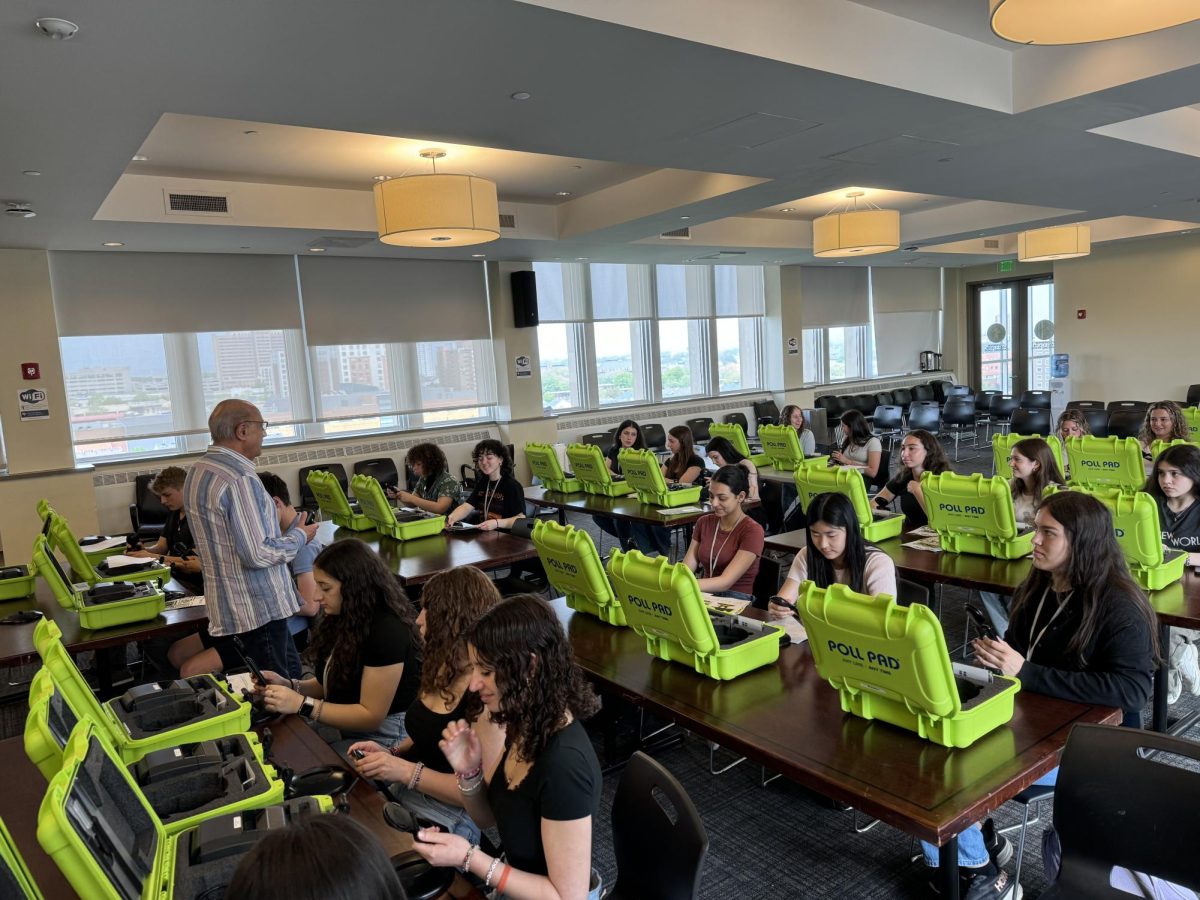New physics teacher Rejwan Ali guides physics students through complex kinematic equations, Newton’s laws of motion and other fundamentals. Dr. Ali enjoys his students’ drive and the quality of their learning, making his first months here a success.
“I never had such bright students in my past classes,” Ali said. “I used to be a teacher in college, so obviously, there’s a big difference. And what I found here is that my AP Physics 2 class is very advanced. Similarly, the AP Physics 1 classes are aspiring and they’re doing good. So, I’m impressed with the quality of the students.”
Dr. Ali feels delighted to become part of the West Essex family, appreciating its supportive atmosphere that fosters student success.
“I think being a part of West Essex is great,” Ali said. “It’s a wonderful place for students to grow and a very positive place to be. I always hope for my students to achieve success using better tools or better understanding of a complex subject.”
Starting his education in his home country of Bangladesh at Rajshahi University, Ali then got his master’s degree in physics at Wichita State University and then earned a PhD in Physics at Texas Tech University. Through teaching at New York University as a postdoctoral research scientist and being an assistant professor at St. John’s University, he has gained a lot of experience that has prepared him for various job opportunities.
“I had a pretty long career in teaching and research,” Ali said. “I would define myself as a transition physics teacher, mostly bringing some of the experience of teaching and to some extent, research from K-12 level to college level teaching.”
Alli left behind his family in Bangladesh to travel and advance his academic career in the U.S. This transition was difficult for him because he had never lived in a dorm or away from his family before the move. After completing his degree, he started his own family in the States. He has one daughter, a high school senior.
Ali says the education system in America is much better than in Bangladesh. It is more question-oriented, so students can develop their own thinking. “The education system in the U.S. invokes curiosity, driving and asking the questions that actually matter,” Ali said. “It gives the students room to grow individually and the ability to develop their own thinking, particularly in graduate schools. It is no wonder that the U.S. is the leader of science and technology.”
While others enjoy painting or reading in their free time, Ali researches theoretical chemistry. Since being cooped up in quarantine, Ali has taken on this new hobby to keep himself busy.
“Research is my hobby,” Ali said. “Well, kind of a hobby? Due to COVID, I spend my time focusing on theoretical chemistry.”
Although Ali has not always focused mainly on physics, he realized it was the field he wanted to pursue the most. He was originally partly an electronics major and a physics major. Ali leaned towards electronic engineering originally because most of his friends had taken that path. He always felt differently about his goals, and at the end of the day said he believes he went in the right direction for himself.
“My undergrad is not actually wholly in physics,” Ali said. “But when I was a student, I realized physics addressed the phenomena and answered the questions at a deeper level. So I decided, if I go to graduate school, I will focus on physics.”
When asked if he had a dream job he would like to pursue, he made it clear that teaching is what he loves to do. He likes how physics is applicable and important in the real world.
“Teaching is my passion,” Ali said. “I love teaching, and I like that my students succeed.”

